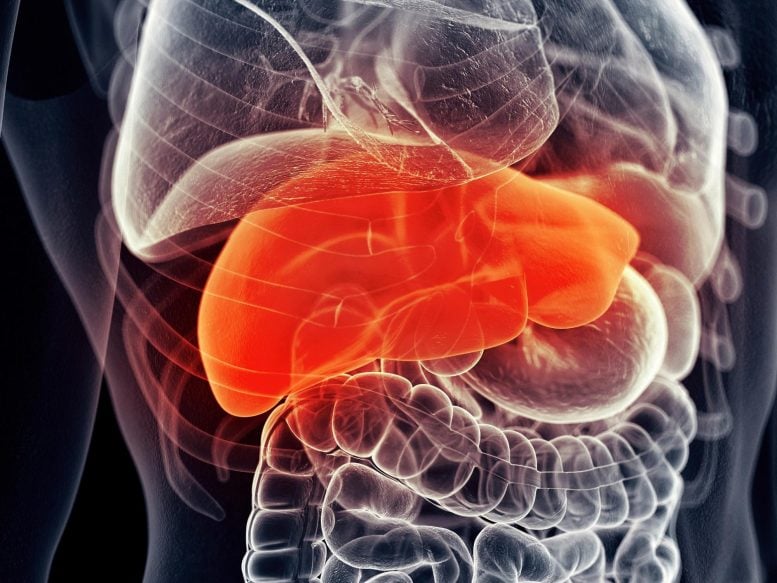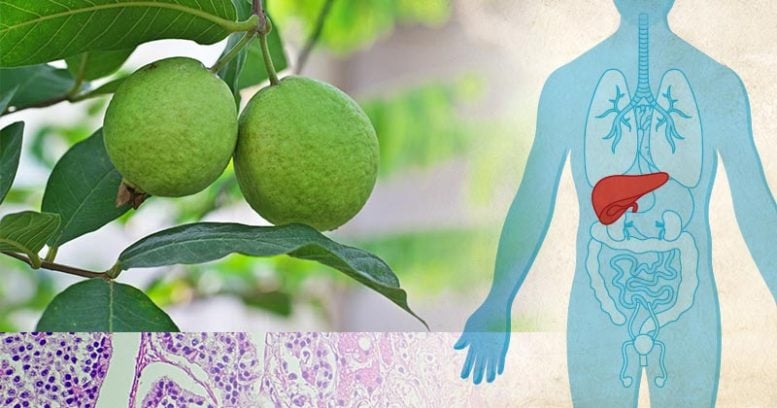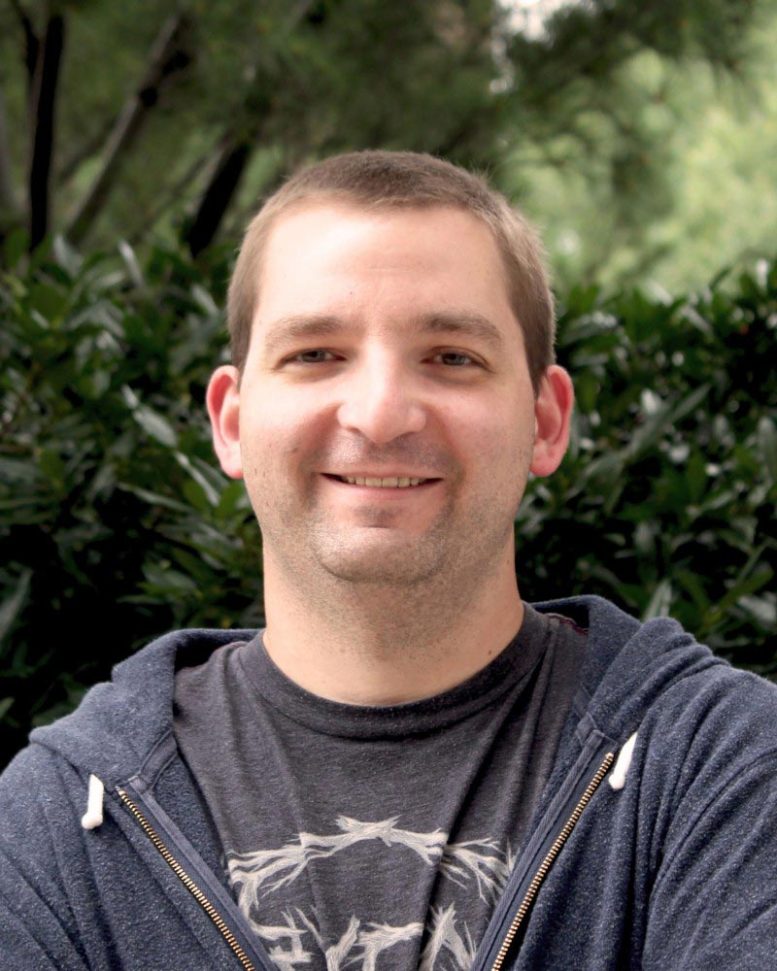
A new synthesis method makes guava compounds widely available. It holds promise against deadly liver cancer.
Many modern medicines owe their origins to natural sources.
One well-known example is willow tree bark, often referred to as “nature’s aspirin.” It contains a compound called salicin, which the human body converts into salicylic acid, a substance that reduces pain and lowers fever.
A team led by William Chain, an associate professor in the University of Delaware’s Department of Chemistry and Biochemistry, has uncovered a promising approach to battling liver-related cancers, one of the leading causes of cancer deaths worldwide. Their research focuses on a molecule derived from a tropical fruit that may play a key role in developing new treatments.
Creating guava-based cancer fighters
Through a technique known as natural product total synthesis, Chain and his research group have established a laboratory pathway that uses readily available chemicals to produce molecules naturally found in guava plants. These molecules have been shown to combat aggressive liver cancers. The team’s results were published in Angewandte Chemie, a major international chemistry journal.

This breakthrough gives scientists an efficient and inexpensive method for generating large quantities of these natural compounds. By making them more accessible, the approach could pave the way for cancer treatments that are both more effective and more affordable.

“The majority of clinically approved medicines are either made from a natural product or are based on one,” Chain said. “But there aren’t enough natural resources to make enough treatments. Now chemists will be able to take our manuscripts and basically follow our ‘recipe’ and they can make it themselves.”
Collaboration and new pathways
The discovery invites collaboration with scientists around the world.
“We are the first ones to pave that road, and other people can repave it any which way. Find the shortcuts if they have to. But since we entered into that unknown territory, I think we helped shed light on this unknown pathway that can get us there. And I think that’s the cool part,” said Liam O’Grady, doctoral student in Chain’s lab and the article’s first author.
The potential impact is enormous. The number of liver and bile duct cancer cases has grown dramatically in recent years, with one in 125 men and women globally projected to be diagnosed with hepatocellular cancer over the course of their lives.
In the United States, chemotherapies for liver cancers are a multi-billion-dollar health burden and the current five-year survival rates for late-stage liver cancers are under 15%. In 2025, in the US alone, more than 42,000 people will be diagnosed and over 30,000 will lose their battle.
The team is working with the National Cancer Institute on the next steps for the process and whether the guava molecule may be effective in fighting other types of cancers.
Reference: “Enantioselective Total Synthesis of (–)-Psiguadial A” by Liam P. O’Grady, Marcel Achtenhagen, Michael F. Wisthoff, Robert S. Lewis, Katarina Pfeifer, Weifeng Zheng, Maxwell I. Martin, Glenn P. A. Yap and William J. Chain, 20 May 2025, Angewandte Chemie.
DOI: 10.1002/ange.202506537
Never miss a breakthrough: Join the SciTechDaily newsletter.